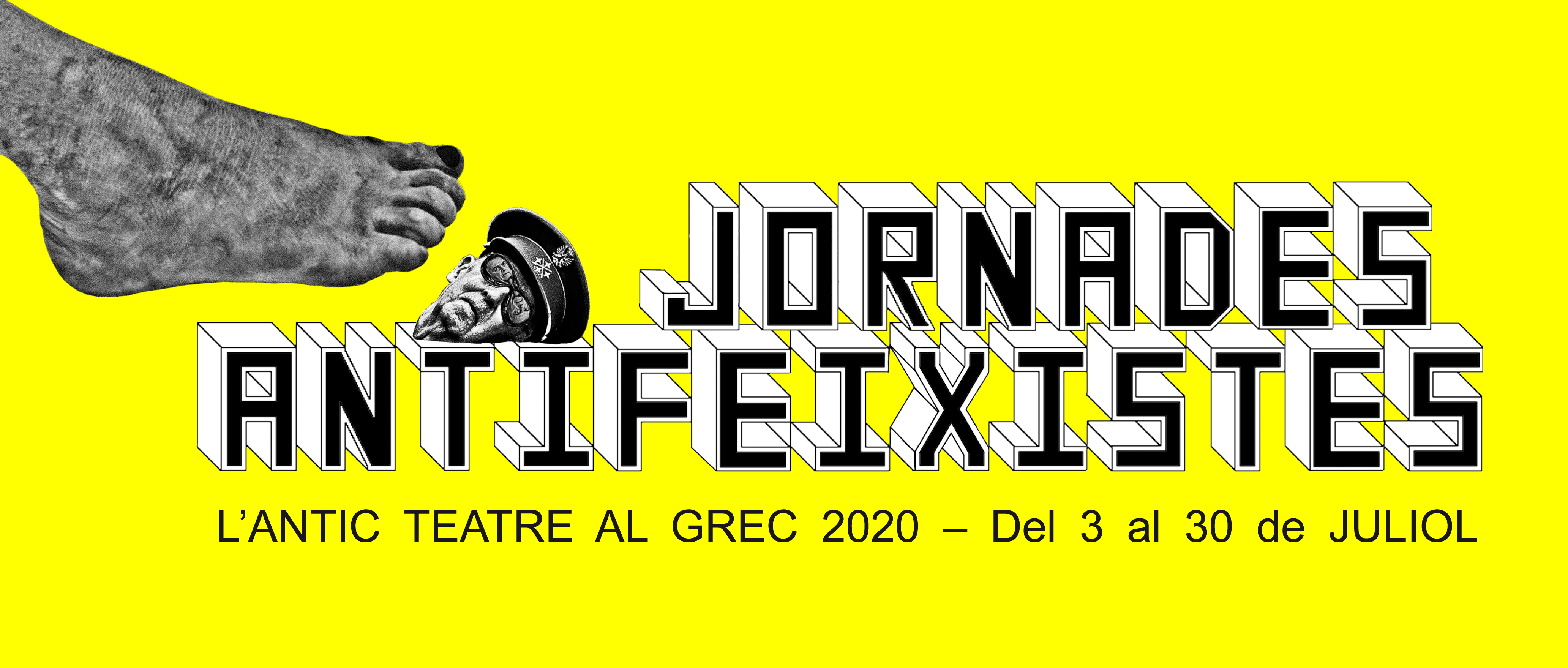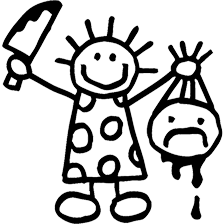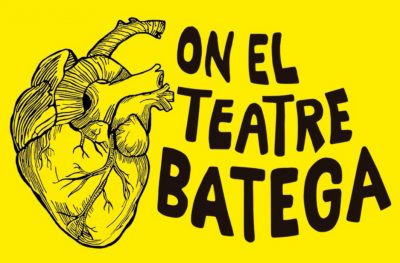
In the LAB we will discuss the power of dream in the activation of networks, the forming of subjectivity, and the creation of futures; and we will show some of the things we do with the technologies we use to work with dreams: NLP (Natural language processing), production of graphs, and creation of algorithms.
The lab will be divided into four parts:
Part I – Welcome, and presentation of Pandemic Dream Archive, a part of the project, and of Hijacked Future versus the Anti-Hijacking of Dreams (concepts, used technologies, motivations, and inspirations).
Part II – An exercise using dream narratives previously sent in by people registered with the LAB. In order to depersonalise the process, we suggest the participants present themselves as allegorical characters using masks, costumes, and colours (permitting intimate exposure without personal identification).
Part III – Presentation of the graph-generation process, where the words and ideas that appear in the dreams of the group members are interconnected. Then we’ll put the dreams through an algorithmic process that will mix up the narratives using an Artificial Intelligence (AI) created by the workshop leaders and named MacUna (Machinic Unconscious Algorithm).
Part IV – Readings of the interwoven narratives.
To find out more about the workshop concepts look up Fabi Borges’ text Futuros Sequestrados X o Anti Sequestro dos Sonhos (in portuguese)
Presentation of the Pandemic Dreams project
What do Earth dwellers dream of in the era of global pandemic? How does our unconscious network respond to the infestation of bodies? What do the spectres of dreams have to say about this moment on the planet? The idea of creating a “pandemic dream archive” emerged as the need to invest in dreams, in dreaming, in the slowing down of time. The collective unconscious brings us daily images, thoughts, superimpositions of signs, that, in the time before the pandemic, as our productive lives got faster and faster, were more and more ignored.
Working with this language of dreams is a way of making room for a different understanding of subjectivity and of how we’re responding to the collapse of existing structures. The unconscious also acts as part of a network, a much older network than the Internet; it is no coincidence that traditional cultures (indigenous, Gypsy, Aboriginal, mystic, and esoteric) see in dreams the possibility of unravelling mysteries, solving riddles, constructing thoughts, communicating, and understanding the world. When we abandon this language, we remove from our daily lives a live source of communication that takes place not just between humans but also between humans and the world, between humans and objects, between humans and other species.
When Davi Kopenawa says in his book A Queda do Céu (Skyfall) that “whites don’t know how to dream, they dream only of themselves and their belongings”, he is warning us that our lack of relation to dreams makes the world poorer, exhausts a powerful source of communications, and diminishes our potential for existence. It is in this sense that we want to create an archive of pandemic dreams, and create a space for subjectivity and its investigation.
—
Fabiane M. Borges. Clinical psychologist. Works with research in Art/Science and Art/Clinical Practice. An activator for the Tecnoxamanismo and Comuna Intergaláctica networks. Since 2015, she has been developing a methodology for training/treatment using dreams, applied in various countries. She works on the research of subjectivity.
Lívia Diniz. Creative director, researcher and producer, she develops collaborative projects on childhood, audio-visuals, and live and interactive arts. She has produced carnival parades for samba schools, and art and technology laboratories for the creation of play spaces. She co-directed the Carnaval Interactive Workshop with the Rio Visiting School of the Architectural Association and is now part of the design and development teams for the Playing for Change School Patagonia project, Labea – Laboratorio de Arte y Ecología, Spain, and Hello!Earth, Denmark.
Rafael Frazão. Visual artist and videomeaker, he works with research and artistic processes on subjects such as image philosophy, American Indian cosmo-politics, spectral communities, optocracy and ocularcentrism, technopolitics, and theory of fiction. He is an activator for the Tecnoxamanismo network, a member of the Independent Studies Program at the Barcelona Museum of Contemporary Art, and a resident artist at the La Escocesa Creative Centre.
Tiago Pimentel. Dilettante anthropologist, programmer, hacker, multimedia artist, researcher of digital networks, and activist for causes such as freedom and privacy on the net. He was part of the National Co-ordination team for Proyecto Casa Brasil, joined Casa de Cultura digital and co-created CryptoRave, the world’s largest open meeting on cryptography and security. He is Director General of Associação Actantes – Acción Directa para la Libertad, la Privacidad y la Diversidad de Redes.
“Antifascist struggle is still an issue in the 21st century and we need to remain alert and ready for combat given the resurgence of the far right in its new manifestations, whether at institutional level or on the streets. This year’s programme is in defence of a politicised international scene: artists and residents who do not forget their condition as a class and the social reality that surrounds us.
With the global pandemic and the resulting social and financial crisis, antifascist and antiracist movements must remain extremely active. This is why this year’s conferences are even more important, if possible, than they were last year, when we began to work on them for the Grec 2020 programme. They are a political declaration of support and joint strength against fascism.”
Semolina Tomic, Antic Teatre’s Artistic Director
“In Spain and in Brazil the transition to democracy retained certain conservative elements in a latent state that have now emerged and entered the institutions, supported by the advance of an international far-right front. In Brazil, the assumption of power by an alliance of contemporary neofascism motivated by unfettered liberalism is resulting in the systematic destruction of public institutions and policies that were many years in the making.” Isabel Ferreira and Eduardo Bonito, activists and independent curators.
With Antic Teatre at Grec 2020: Antifascist Conferences, we’re putting forward a programme adapted to an online format to stimulate encounters, reflection, and action. The Antifascist Conferences bring to the foreground how sociopolitical authoritarianism threatens people in Brazil today, living the extremely serious situation imposed b Bolsonaro’s neofascist government, and how it still affects those who lived through Franco’s dictatorship.




